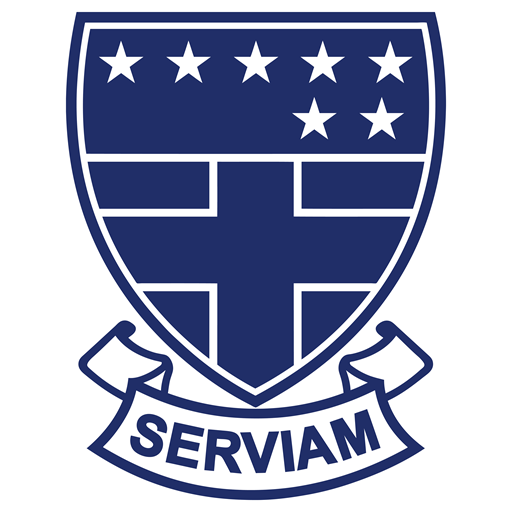Music

St Ursula’s School

Music Curriculum Intent
At St Ursula’s, we believe that a musical education is the right of every pupil. Music is a universal language that embodies one of the highest forms of creativity.
The Music curriculum at St Ursula’s engages and inspires all students to develop a love of music and to develop their talent as musicians. In doing so the music curriculum increases their self-confidence, creativity and sense of achievement. As students’ progress they develop a critical engagement with music, allowing them to compose, and to listen with discrimination to the best in the musical canon.
The curriculum has been designed by a subject expert and provides a comprehensive and rigorous journey enabling students to master knowledge and skills that develop their musical creativity and expertise. We believe that every pupil, regardless of ability, need or talent has the right to expect the same consistently high quality education in every lesson. The principles that shape our curriculum intent are set out below:
- to provide opportunities for pupils to perform, listen to, review and evaluate music across a range of historical periods, genres, styles and traditions and to encourage pupils to learn to sing and to use their voices, to create and compose music on their own and with others, have the opportunity to learn a musical instrument, use technology appropriately and have the opportunity to progress to the next level of musical excellence.
- to understand and explore how music is created, produced and communicated, including through the interrelated dimensions: pitch, duration, dynamics, tempo, timbre, texture, structure and appropriate musical notations.
The cultural capital we offer our pupils is based in a repertoire from across a large section of cultures, including experiences of live performances from the classical, Jazz, pop and musical theatre. Teaching encourages discussion of these experiences and is augmented by a rich and diverse programme of extra-curricular activities resulting in experiences of performing in front of large audiences. Students from all backgrounds experience learning an instrument from one of 6 specialist teachers on an individual basis. We intend that when our students leave us in Year 11 they have developed a lifelong appreciation for music becoming the concert goers and supporters of music of the future. For those students who wish to continue their studies in music they are signposted to high quality music education for KS5 and are given an understanding of the various pathways to continue to higher level study at University. They also are shown jobs within the creative industry that their study of music in KS3 and KS4 will support.
Key Stage 3
At Key Stage 3 we aim to provide a foundation of knowledge, concepts and skills which will serve GCSE Music and beyond, to build on pupils’ previous knowledge and skills through performing, composing and listening and to provide opportunities to develop their vocal and/or instrumental fluency, accuracy and expressiveness. We aim also for students to understand musical structures, styles, genres and traditions, identifying the expressive use of musical dimensions. The KS3 curriculum is based upon the principles of engaging and enthusing students with a love of Music through a variety of pupil-centred approaches to learning. Students experience listening, composing and performing skills in order to ensure positive outcomes at KS3+4.
Links to curriculum maps:
Links to useful sites for KS3 students, parents and members of the public
http://www.bbc.co.uk/education/subjects/zmsvr82
http://www.educationquizzes.com/ks3/music/form-and-structure-01/
http://www.musictechteacher.com/music_quizzes/aq_treble_clef_notes/quiz.html
https://www.musictheory.net/lessons
